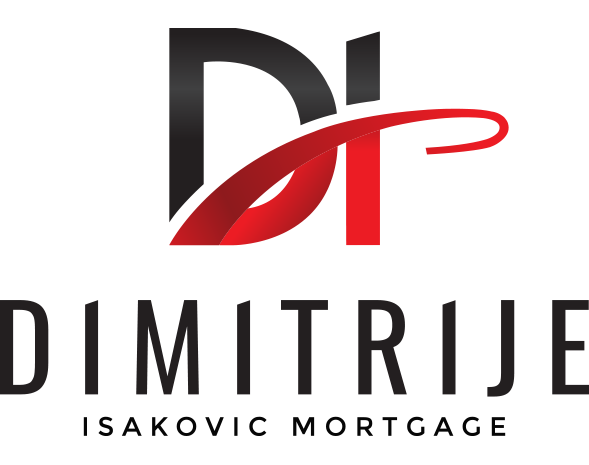24 Sep How to Increase Your Home Equity and Why It is Important
What is home equity and why do I need it? This is a common question, but an important one. Building equity is a large part of owning a home because it can build wealth over time. Nationally, 63 percent of homeowners saw their equity increase this year. But the biggest benefit for increasing home equity? It can be an extra resource for cash. There is a lot to understand when it comes to equity; and knowing how to use it the right or wrong way is key.
What’s Home Equity and How Does It Work?
According to the definition from Bank of America, Home Equity is the difference between the appraised value of your home and the amount you still owe on your mortgage. Increasing your equity can help improve your finances; it affects everything from whether you need to pay private mortgage insurance to what financing options may be available to you.
If you’re on the right track, hopefully, that difference is a positive number. How do you get to that point? Building home equity is a long-term process and builds slow on purpose, but it is worth the wait. Prepare yourself on what to expect and learn how to apply your resources going forward.
How to Calculate your Current Home Equity
You have to do some math by calculating your current assets, or you can call your loan officer, or use an online calculator tool for assistance.
You will need a recent mortgage statement. If you haven’t gotten a recent appraisal, it could be a good idea to schedule one so you can find the most accurate results. You’ll need to know:
• Your home’s value (you can also ask your real estate expert or search your address online).
• The remaining loan amount remaining on the loan
• Your current credit score
As an example, if your current home is worth $350,000 and has a $250,000 remaining balance on your mortgage, your equity would be worth $100,000. The good news is that sum is yours to use should you want to cash out or refinance. A reminder that if you use it towards a loan, make sure you are only using what you need so that you can continue to build at a good pace.
How to Build Home Equity
There are two main to build equity in your home. Increasing the market value over time and paying down more towards the principal balance of your loan.
The home will naturally gain market value simply if the neighborhood or economy is doing well. You can wait for the home prices in your local market to increase to see where your home value lies. Your real estate agent will have the best knowledge on your local market, so speak with them before moving forward. You can also consult with a professional appraisal to get an updated estimate.
You can also accelerate this by making regular home improvements yourself to help increase the property value and in turn increase your investment. Consider borrowing a certain amount to go towards projects like:
• Remodeling the bathrooms,
• Updating kitchen appliances,
• Adding specialized amenities – pools, game rooms, home office, movie theatre, patios, etc. — that are appealing for homeowners,
• Keeping up and beautifying the landscaping
You can help pay down your loan by making additional payments. You can do this by using:
• Bonus money,
• Gifted funds,
• Pay bi-monthly,
• Increase your monthly payment amount,
• Or tax returns for a little extra push.
If you can, consider choosing a 15-year loan rather than the common 30-year loan so you can pay down your loan faster.
Depending on what your overall goals and financial availability are, you can help build equity actively or passively. Either way, learning new ways to build your home equity is a good practice to keep up and understand.
How You Can Use Your Home Equity:
Home equity is considered an asset because it turns into cash you can use usually after you sell a home. When you build up enough equity it can be used towards:
1. New home-related costs, by receiving cash, after you sell a home
2. A down payment on your new home purchase
3. Borrow against it with a home equity loan for a lump sum of money or a home equity line of credit (HELOC) – these are both good options if you are still living in your home and want to benefit from the cash and use towards improvements, debt, or other outstanding expenses.
4. Your retirement fund through a reverse mortgage
There are many ways you can actively build your home equity. Want to know your best move? Let’s set up a call and evaluate your situation. We can help guide you towards more home equity and get you closer to financial success.
This article is intended to be accurate, but the information is not guaranteed. Please reach out to us directly if you have any specific real estate or mortgage questions or would like help from a local professional. The article was written by Sparkling Marketing, Inc. with information from resources like CNBC and Businesswire.


